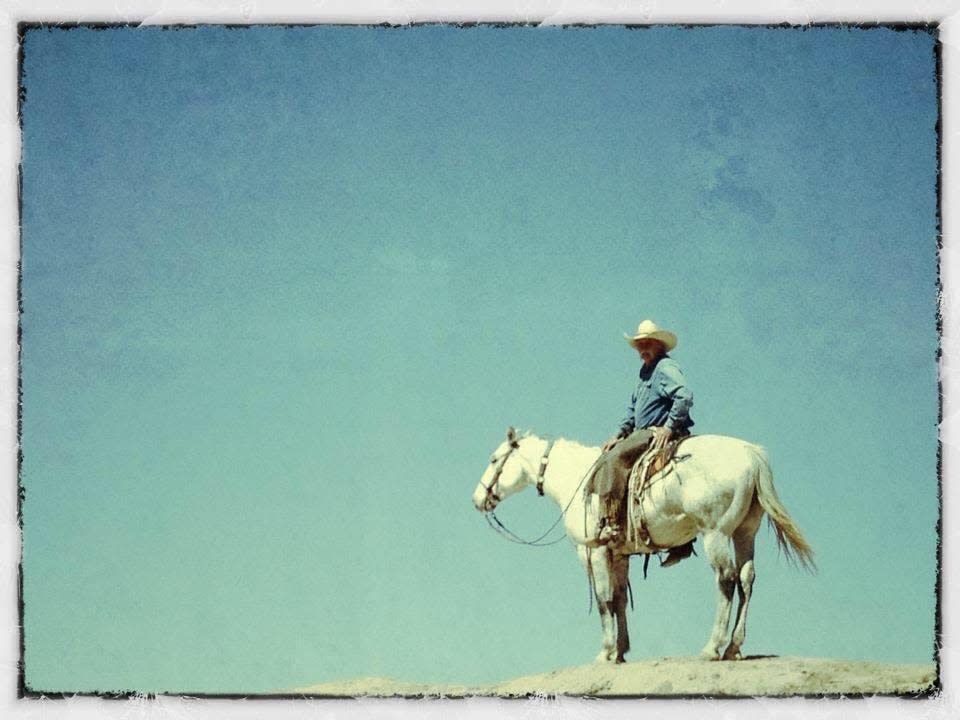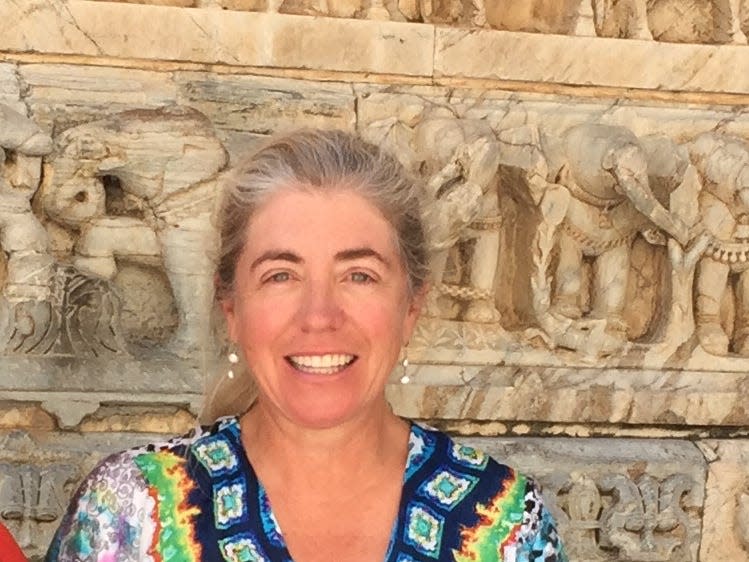Benjamin Franklin was right

- Oops!Something went wrong.Please try again later.
“Don’t put off until tomorrow what you can do today.” Did your parents and your teachers tell you that? (They were quoting Benjamin Franklin.) Do you have to be reminded of it? Do you have to remind yourself?
Do you procrastinate? Are you frustrated about your life because you’ve been a procrastinator?
Joseph Ferrari, a distinguished Professor of Psychology at DePaul University in Chicago, has studied the causes and consequence of chronic procrastination. “What I’ve found is that while everybody may procrastinate, not everyone is a procrastinator.” In his work he found that as many as 20 percent of us may be chronic procrastinators.
Study after study on chronic procrastination appear to show that it isn’t just laziness or poor time management but is a byproduct of negative emotions such as guilt, stress, anxiety, depression, and low self-worth — a conclusion that differs from the common belief. Fortunately, we have an easy fix for all that. Yoga breathing and yoga poses have been scientifically proven to alleviate stress, anxiety, and depression.
Yogic philosophy also offers guiding principles to help us in all areas of our life, including procrastination. Here are just a few of the Yama and Niyamas with notes on how to apply them to your everyday life.

Ahimsa refers to non-violence We should be kind to ourselves and others in our thoughts, works, deeds, and actions. Treat others the way you would like to be treated. Treat yourself the way you would treat your friends/family.
Satya is about truthfulness Express your truth. Speak your truth. Be honest with ourselves. Be honest with others. Remember ahimsa.
Brahmacharya is about moderation Find a sense of balance in how/where you use your energy. Work hard, but also rest. Cultivate friendships and take time for yourself.
Santosha refers to happiness and contentment. Accept and appreciate what you have and what you are.
Tapas reminds us of discipline and endurance Find ways to have elements of discipline in your day, even if they are small, like “drink more water today.”
Svadhyaya is about self-study. Take time for self-awareness. Try five minutes of meditation. Listen to your breath and feel your body being still. Find moments to be still. Reflect and make choices that are good for you.
Read more Maintaining Balance:
In dealing with your procrastination, push off the negative thoughts, acknowledge your feelings, but do not beat yourself up or judge. Set a positive intention and small realistic goals.
My favorite American Christian televangelist, pastor, and motivational speaker, Robert H. Schuller, said, “Better to do something imperfectly than to do nothing perfectly.” Remember that our biggest regrets are usually not our actions but our inactions.
Are you better at getting things done when you have a deadline? Deadlines may be bothersome, but they at least give us boundaries and distinct finish lines. We may be inclined to meet them because others might know when we don’t or judge us when we fail to act timely. It’s those things we should get done that have no deadlines that are the problem. That’s when we say things like “tomorrow” or “one of these days” or even “I should get right on that” but never do. This form of procrastination is less visible and easier to practice even though we might live to regret doing nothing.
A Ted Talk I particularly enjoyed is Tim Urban’s “Inside the Mind of a Master Procrastinator.” He suggests that one way of addressing procrastination is to focus on your future goals and ambitions and examine in what way have you been holding off on accomplishing those tasks. Remember that there’s a difference between intending to clean out the garage or tending a broken relationship. Which means that another consideration that might spur you on is the realization of how much time you have before your time is up. Tick tock….
I adore hearing from my readers: ashton@ashtoncannon.com.
Ashton Graham is an educator, book publisher, photographer, cowgirl and yoga teacher. She is currently studying to become a yoga therapist and lives on a ranch in West Texas. Visit www.ashtoncannon.com to learn more.
This article originally appeared on Las Cruces Sun-News: Benjamin Franklin was right

